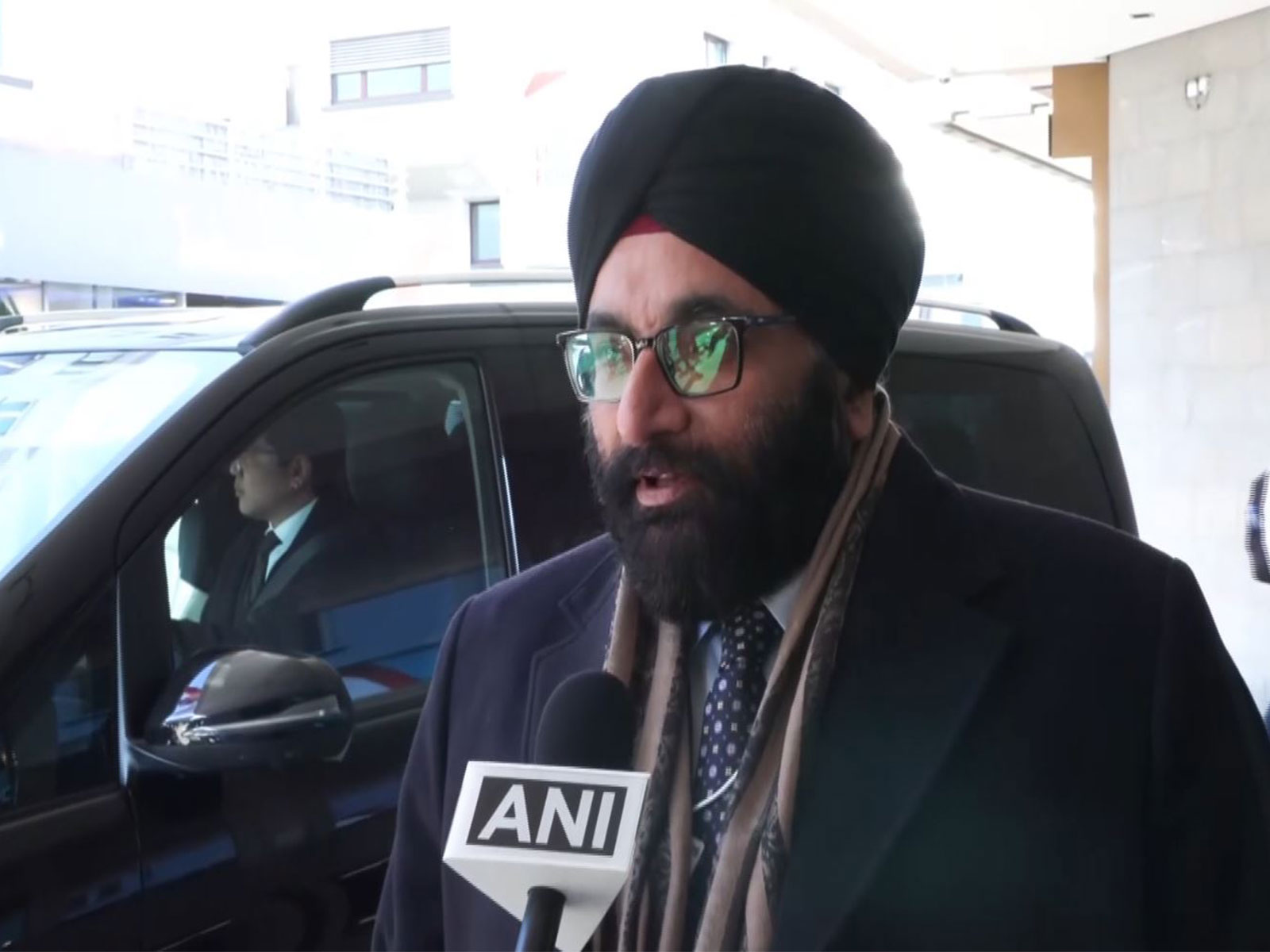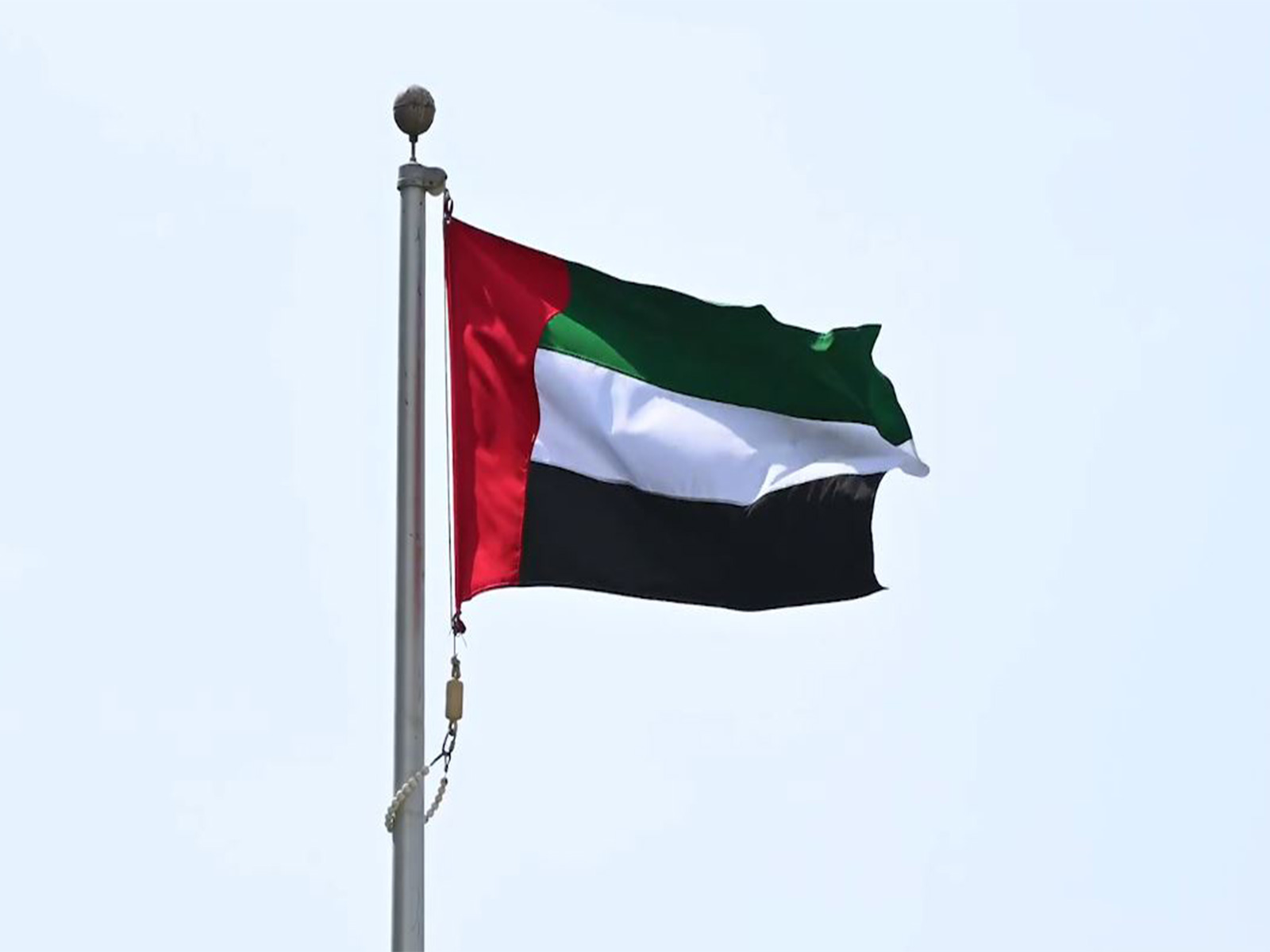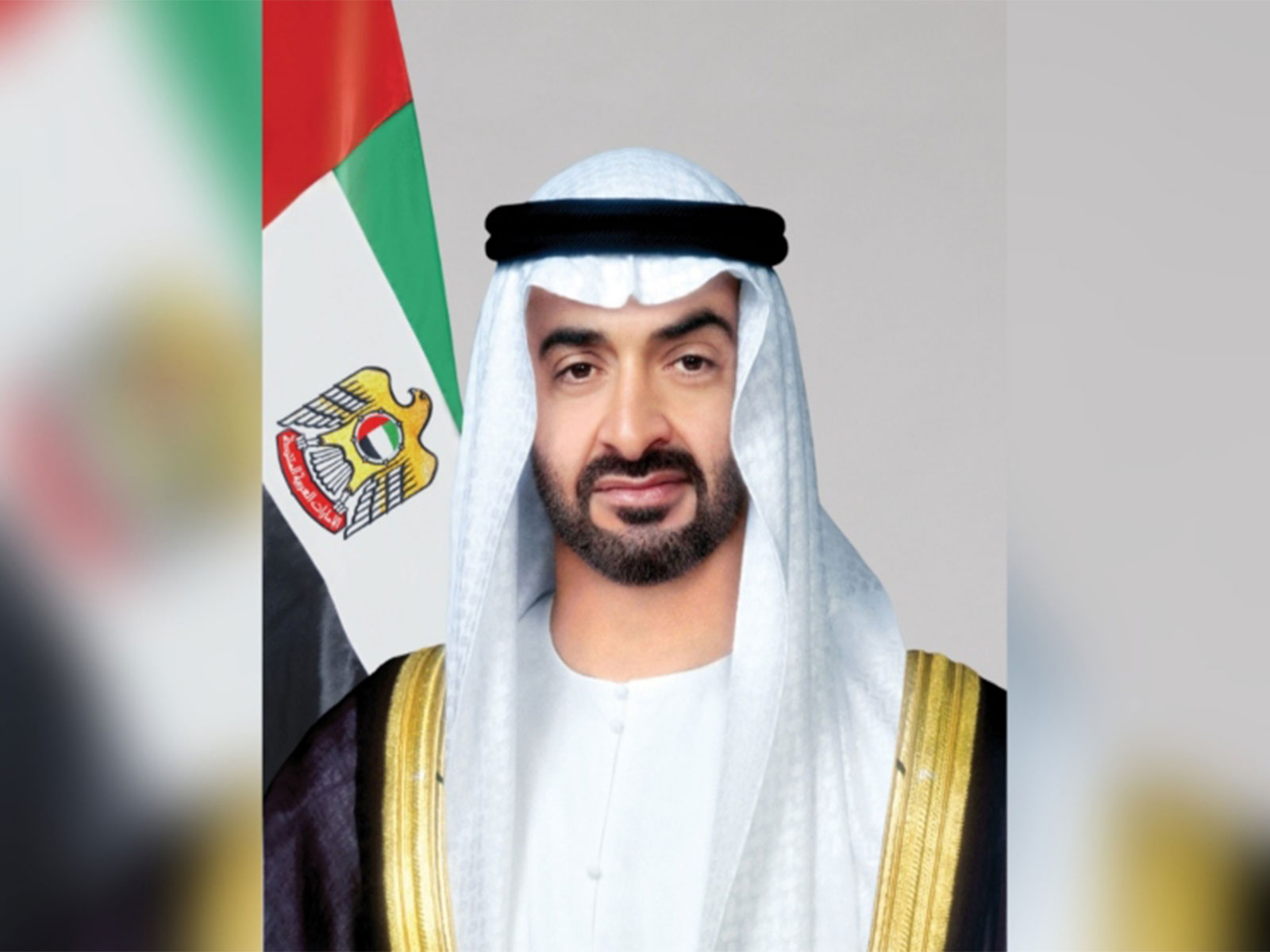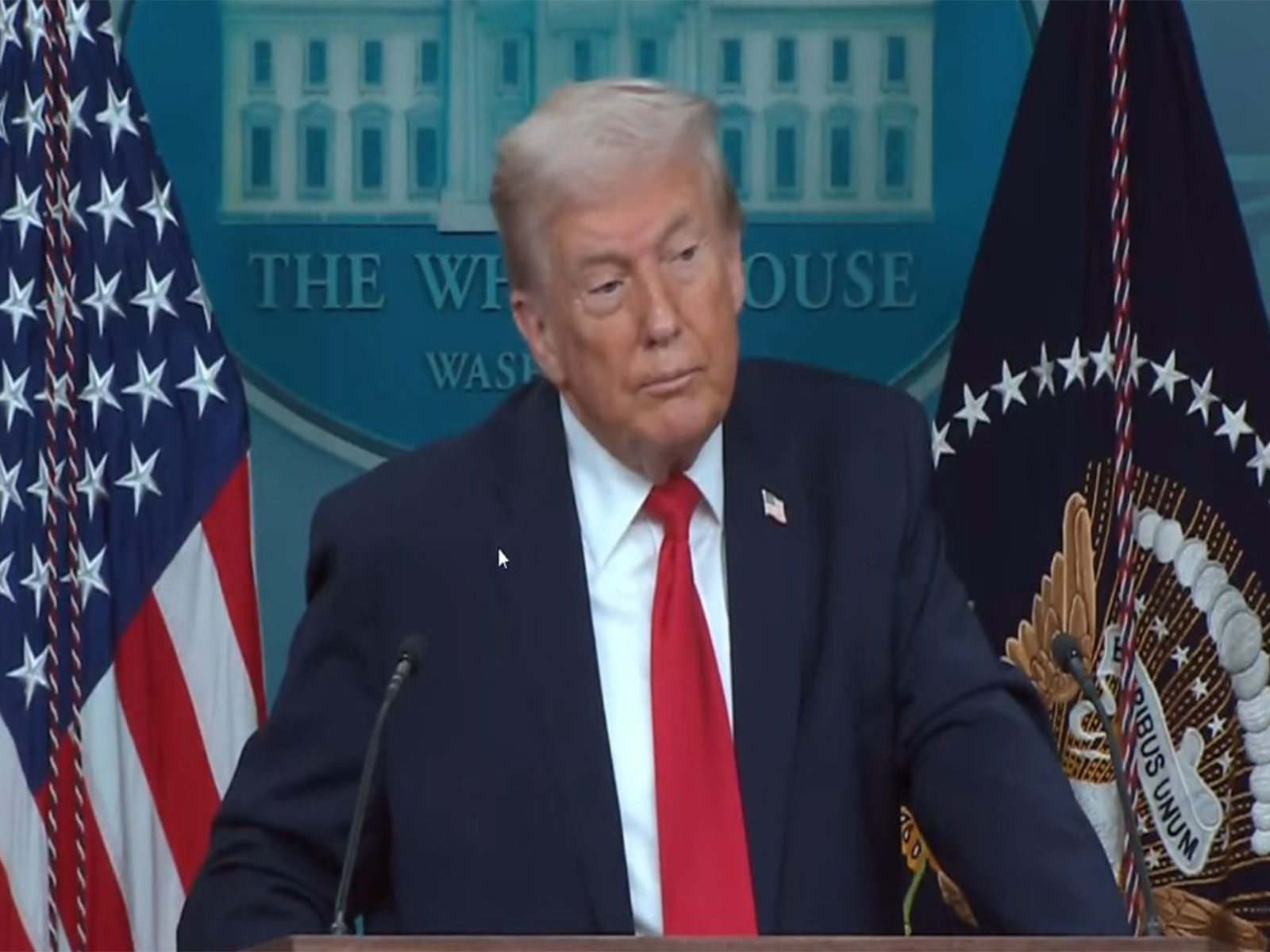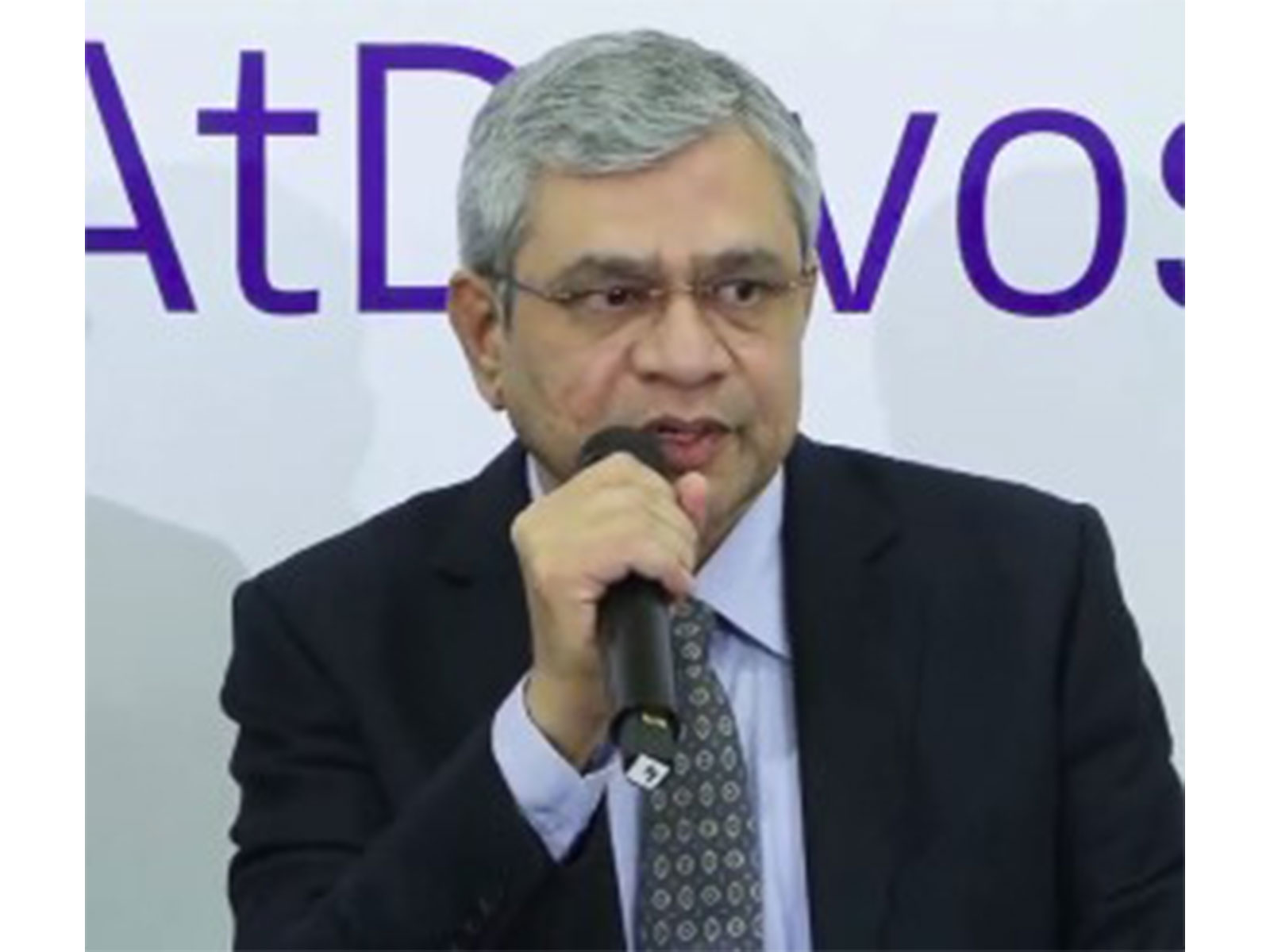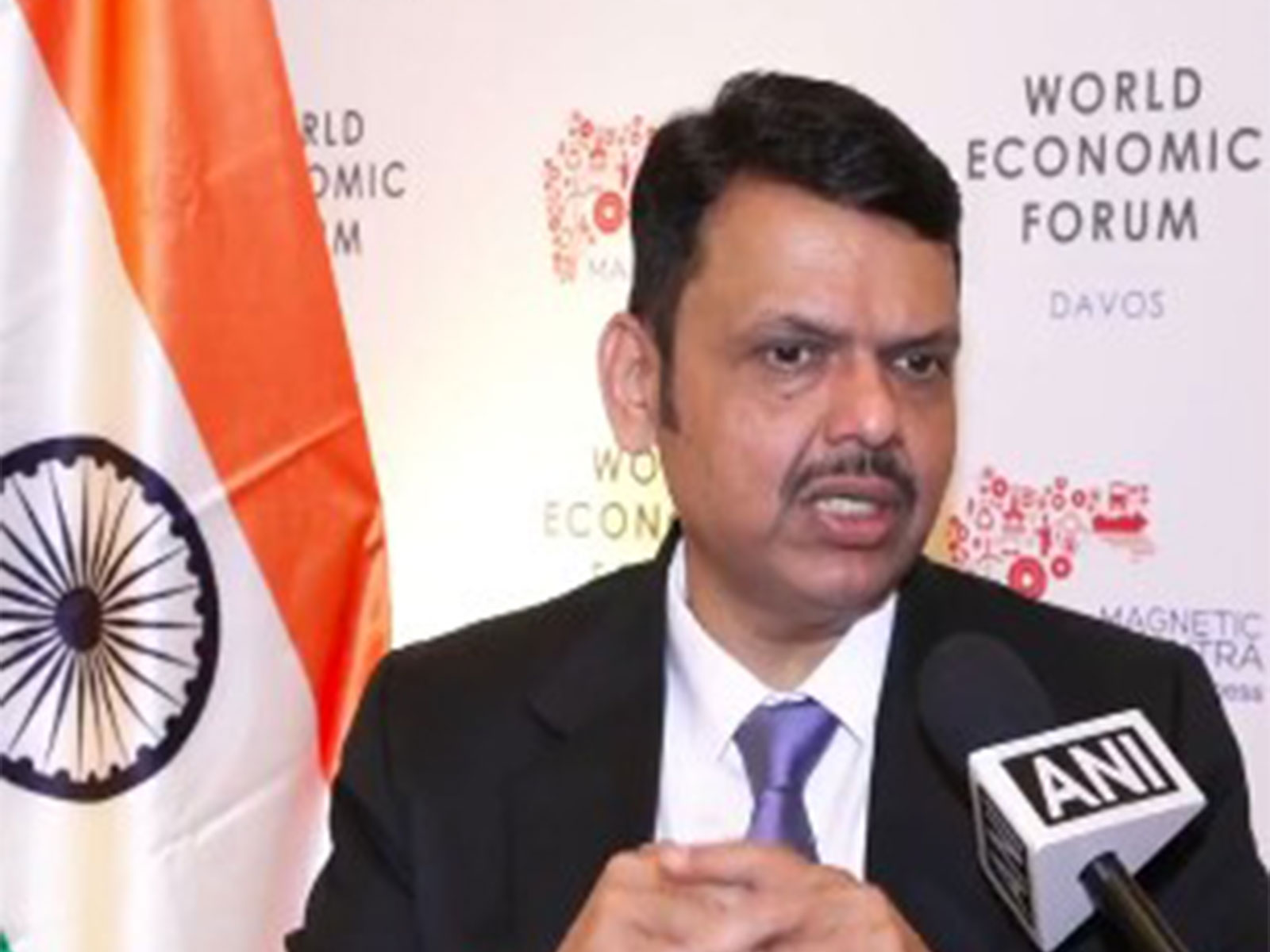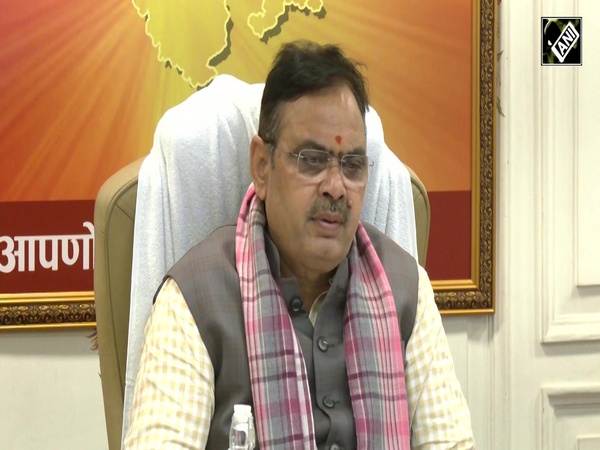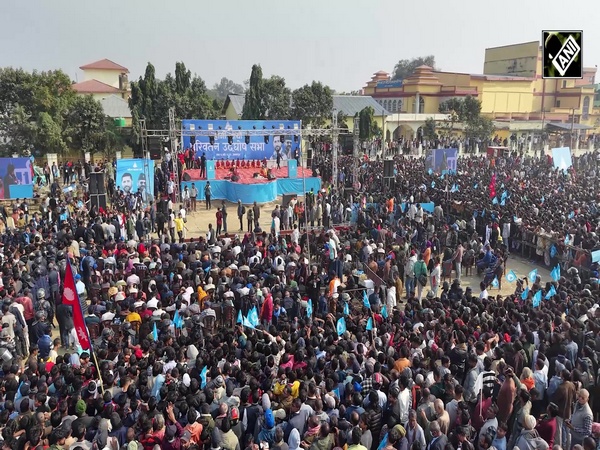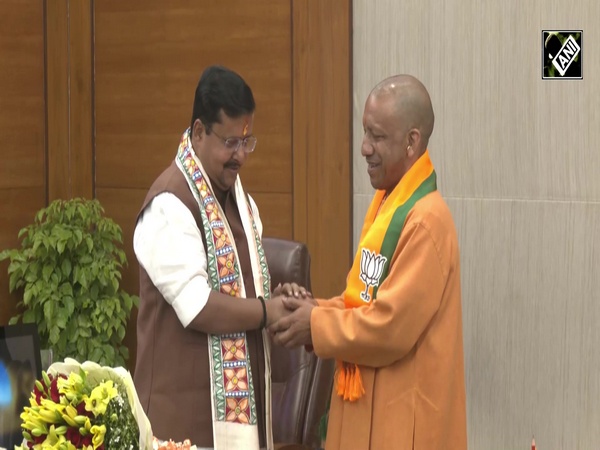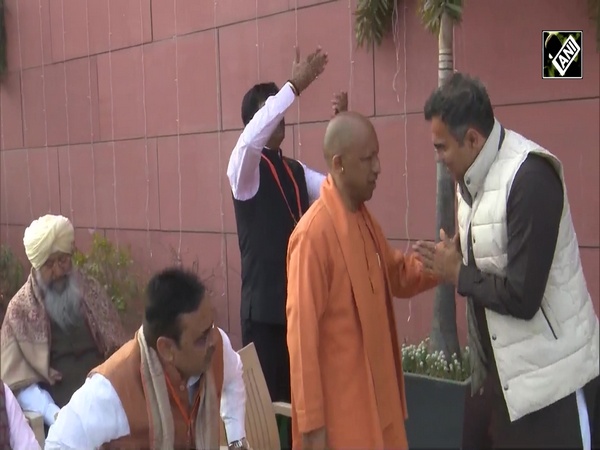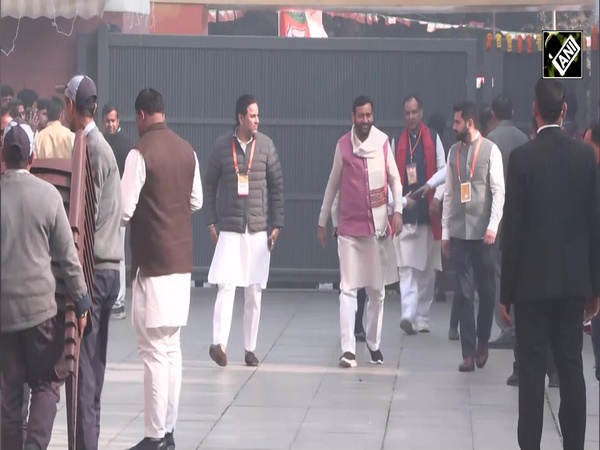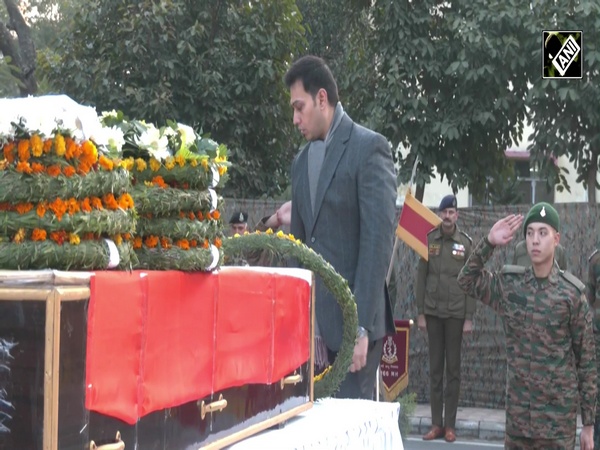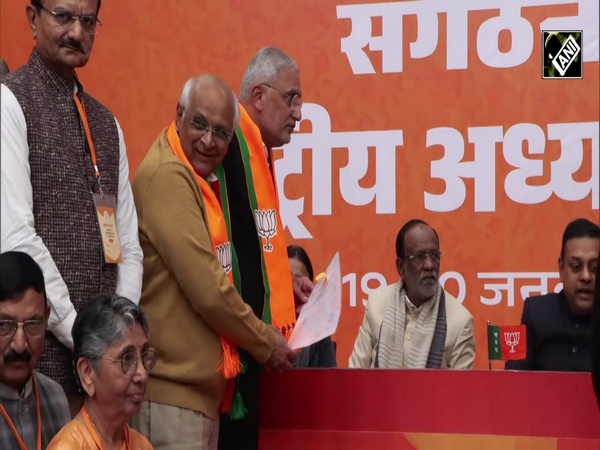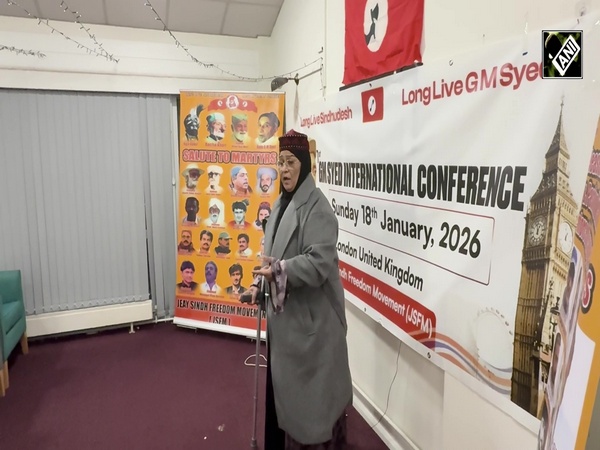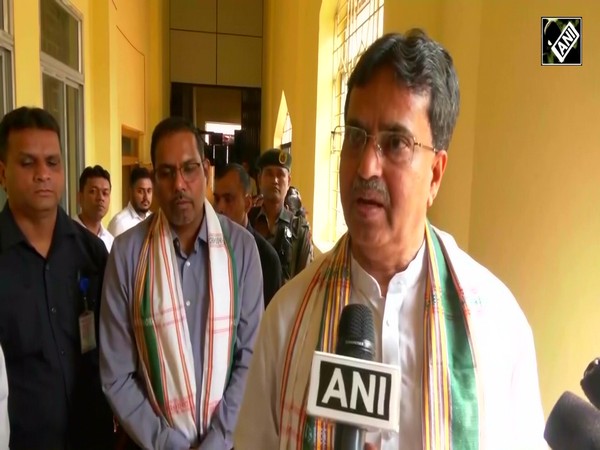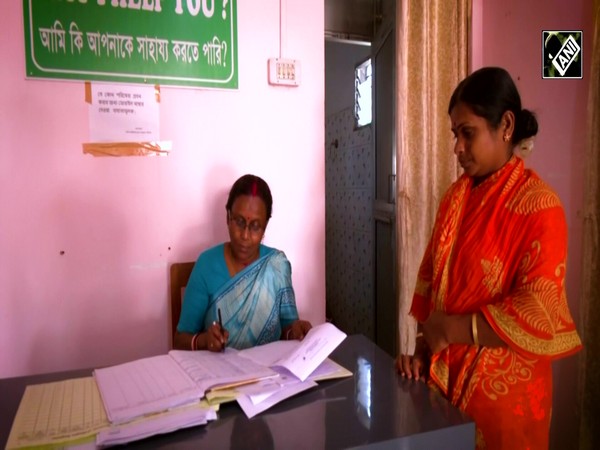"Had de facto alliance, doesn't signify much change": US Foreign Policy analyst on Saudi-Pakistan defence pact
Oct 11, 2025
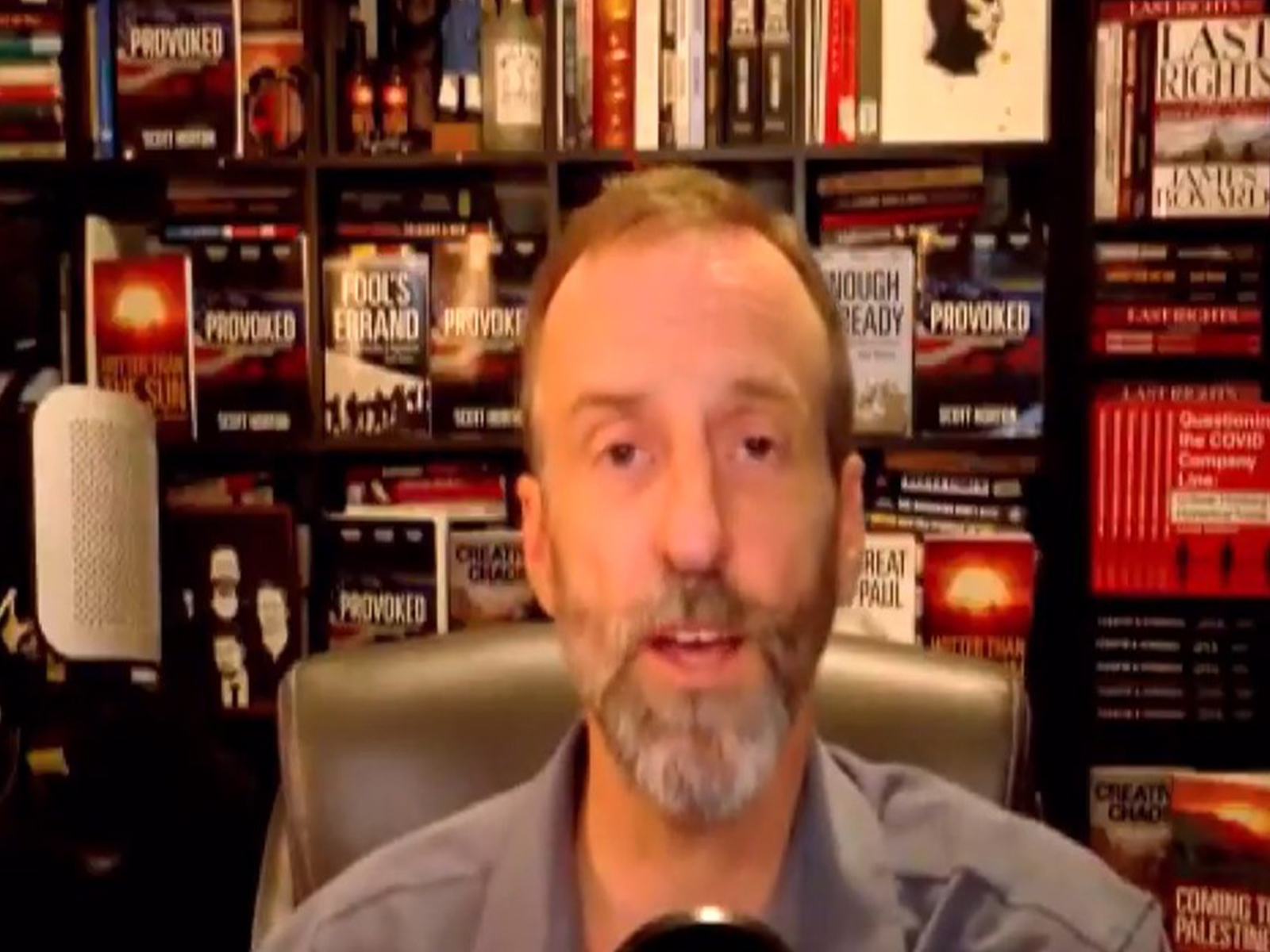
New Delhi [India], October 11 : US foreign policy analyst Scott Horton said the recently signed Saudi Arabia and Pakistan's Strategic Mutual Defence Agreement does not mark any major shift, noting that both countries have long shared a "de facto" alliance.
In an interview with ANI, Horton noted that speculation over Pakistan possibly providing a nuclear weapon to Saudi Arabia has existed for years, given that Pakistan is a nuclear-armed state "outside of the Non-Proliferation Treaty (NPT)."
"As far as Pakistan and Saudi Arabia announcing their deal, I think my understanding always was that they had a de facto alliance, if not an official one. There had always been a question of whether Pakistan would even furnish a nuclear weapon to Saudi Arabia. They are, after all, a nuclear-weapon state outside of the Non-Proliferation Treaty," Horton said.
He further observed that Saudi Arabia might consider acquiring nuclear weapons due to ongoing regional tensions, particularly the "Sunni-Shia civil war" dynamic that he said was set in motion by former US President George W Bush's 2003 invasion of Iraq.
"There was a question of whether the civil war, the Sunni-Shia civil war that W Bush touched off in 2003, which was really another way to say it, was the Riyadh-Tehran civil war, dominance in the region that was touched off by the invasion of Iraq whether that would get bad enough that Saudi might feel like they needed a nuke and then the question was whether they would just go to Pakistan and ask for one and whether the Pakistanis would give them one and that has been floated as an option for Saudi Arabia for many years now. I think that this probably doesn't signify too much of a change," Horton explained.
Discussing the broader regional context, Horton pointed to the US's strong military presence in the Gulf, noting that "America's largest military base in the Middle East is in Qatar, -- the Al-Udeid Air Base -- which is also the headquarters of the Central Command."
"It's a bigger base than even our Army bases in Kuwait or Navy base in Bahrain, and all the various Army and Air Force bases in Saudi Arabia, UAE, and Morocco," he said.
"Qatar is one of the Gulf states, specifically the Sunni Gulf Arab states, that have the closest ties to Iran, as they share a gas field beneath the Persian Gulf. They share a vast economic interest, one that has been in place for many decades. And so sometimes they're even like the back channel to talk to Iran because they're closer to Iran than, say, the government in Bahrain or Saudi Arabia," he added.
In September, Saudi Arabia and Pakistan signed a "Strategic Mutual Defence Agreement", pledging that any aggression against either nation would be treated as an attack on both.
The agreement was signed during a state visit by Pakistan Prime Minister Shehbaz Sharif on September 17 to Riyadh, at the invitation of Crown Prince and Prime Minister Mohammed bin Salman bin Abdulaziz Al Saud.
According to a joint statement issued following the visit, "building on the historic partnership extending for nearly eight decades between the Kingdom of Saudi Arabia and the Islamic Republic of Pakistan, and based on the bonds of brotherhood and Islamic solidarity, as well as shared strategic interests and close defence cooperation between the two countries, HRH the Crown Prince and the Pakistani prime minister signed a Strategic Mutual Defence Agreement."
"This agreement, which reflects the shared commitment of both nations to enhance their security and to achieve security and peace in the region and the world, aims to develop aspects of defence cooperation between the two countries and strengthen joint deterrence against any aggression. The agreement states that any aggression against either country shall be considered an aggression against both," the joint statement further read.
